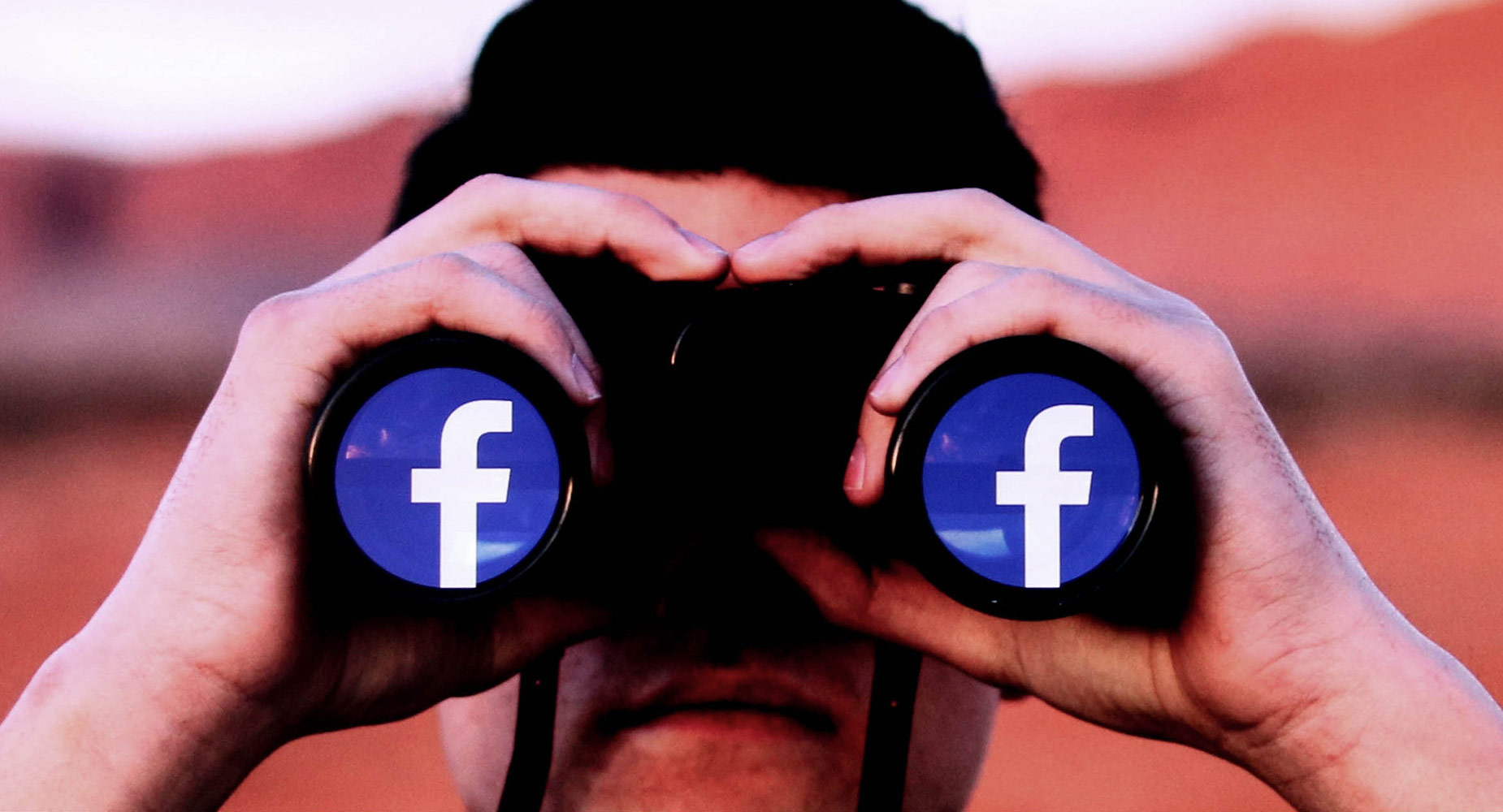The interrogation he had long avoided and resisted. This week, Facebook’s Founder and CEO, Mark Zuckerberg, swapped his usual grey T-shirt for a grown-up suit and faced a two-day-grilling in front of both Senate and House officials in the U.S Congress. Among several revelations, including that Zuckerberg’s own information was apparently compromised through the recent Cambridge Analytica data breach, he was questioned on the 2016 Presidential election, Robert Mueller’s ongoing federal inquiry and the future relationship between his own organisation and policymakers.
Why is it important?
This was Zuckerberg’s first grilling in front of policymakers. The widely reported introvert had to perform in the middle of the media spotlight.
The groundwork was carefully laid. Zuckerberg held private meetings prior to the hearing with a number of US lawmakers – including some members of the Senate committees who he later testified to. This was only a small part of Facebook’s wider, substantial lobbying strategy to influence policymakers from the Commerce, Homeland Security and Labour Departments among others – an effort which cost them over £11.5 million last year alone.
From a communications perspective, he had to pass three distinct tests; show signs of humility and accept responsibility; resist calls for regulation while reassuring the baying lawmakers that he was capable of self-regulate his tech-behemoth; and avoid silly mistakes
Zuckerberg survived his first test – opening the hearing with an effective mea culpa where he noted that the company “had not taken a broad enough view of our responsibility” and laid out his plan to not only give people the tools to connect with one another, but to ensure that those tools are “used for good”.
He also avoided making any headline mistakes. Like a well-briefed spokesperson, Zuckerberg deferred a number of trickier questions for his “team” to follow up on, rather than delving into the problem areas himself.
Wired have collated this substantive list – which paints a stark warning for not only Facebook, but other internet-based companies down the line. Other questions failed to land at all and reflected a troubling level of ignorance on the part of policymakers when it comes to modern technology.
Most importantly, Zuckerberg succeeded (for now at least) in convincing policymakers that Facebook was capable of regulating itself, and that he was the person to lead them through the change. Throughout the two days he weaved together a convincing narrative portraying Facebook as a ‘force for good’ and dismissed calls for the company to cut the amount of personal data that is hoovered up by its default privacy settings. Despite an array of policy suggestions from Senate and House officials – including several requests for Zuckerberg to implement the EU’s General Data Protection Regulation (GDPR) across all of its territories – lawmakers look unlikely to find enough common ground to implement anything similar or as substantial.
What has the reaction been?
Zuckerberg has probably done enough – in both keeping his job and steering Facebook in the right direction.
Frank Pallone, who is the leading Democrat on the House Energy and Commerce Committee summed up the feeling of many on Capitol Hill following the session – stating that he had “seen it over and over again, that we have the hearings and nothing happens” – suggesting that Facebook had come out without a scratch.
Investors showed similar analysis – with Facebook’s stock shares rallying from their bruising sell off in the lead up to the event, by rising 4.5% by the end of Wednesday.
What’s next?
Although they survived the immediate danger, they are not out of the woods yet. The Culture Secretary, Matt Hancock, today held meetings with Facebook officials in which he warned that they were “not above the law” and vowed to hold their “feet to the fire”.
In the UK especially, Facebook could face stricter regulation in the very near future. The Prime Minister and her Home Secretary, Amber Rudd have both shown an eagerness to tackle issues with the world’s social media giants – most recently blaming platforms for hosting content that had contributed to the rise in violent crime.
This speaks to a wider trend of lawmakers turning the tide on our innovative, disruptive internet-based companies. Uber continues to battle with Sadiq Khan in London, while the European Union continues to investigate Google for alleged unfair competition rule-breaking.
As such, it is clear that the days of Facebook being perceived as a useful-yet-harmless platform are over. After over ten years of rapid growth, rewriting established norms and breaking the mould within almost every aspect of our lives, the organisation must convince policymakers that it is maturing.




